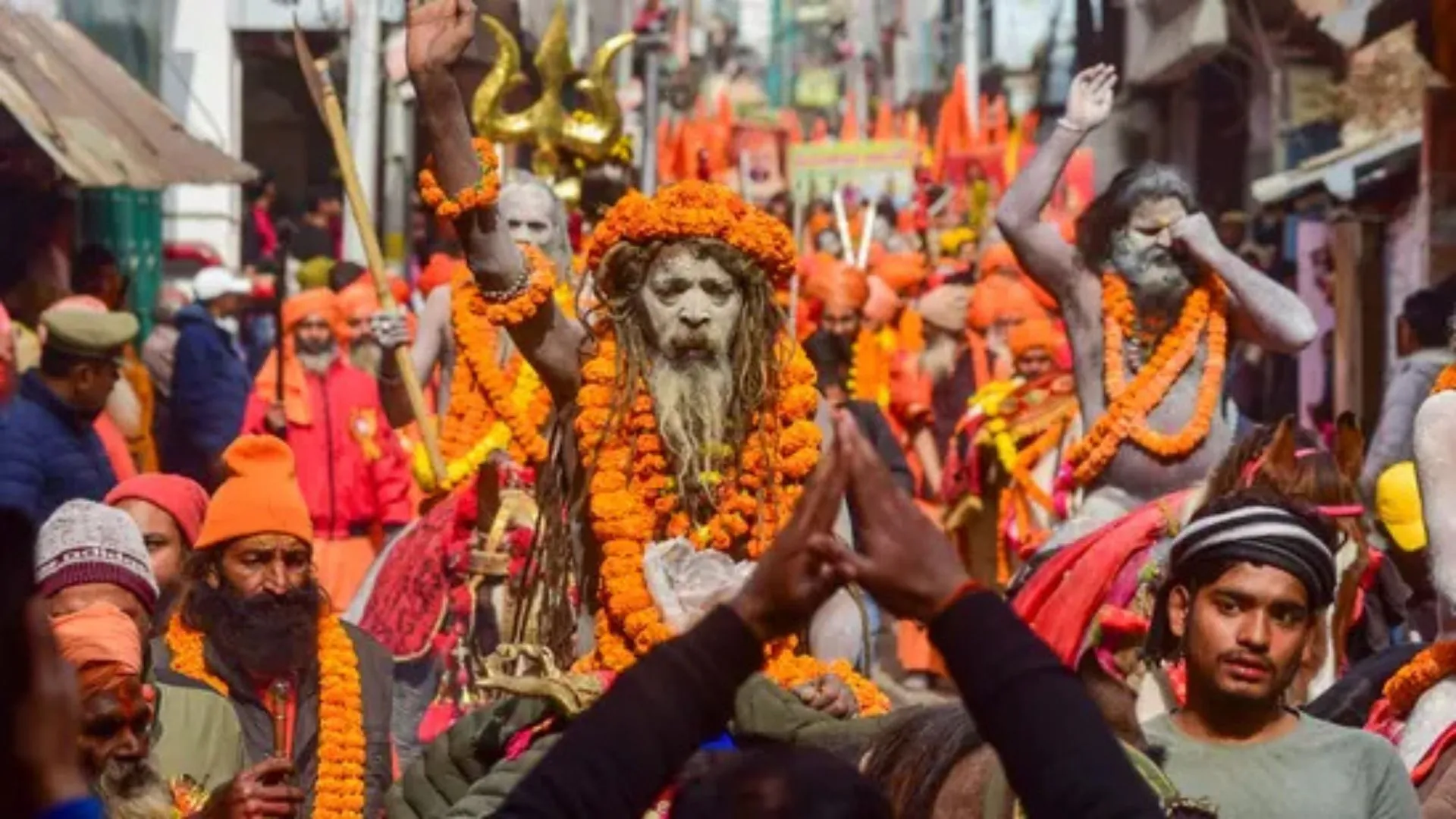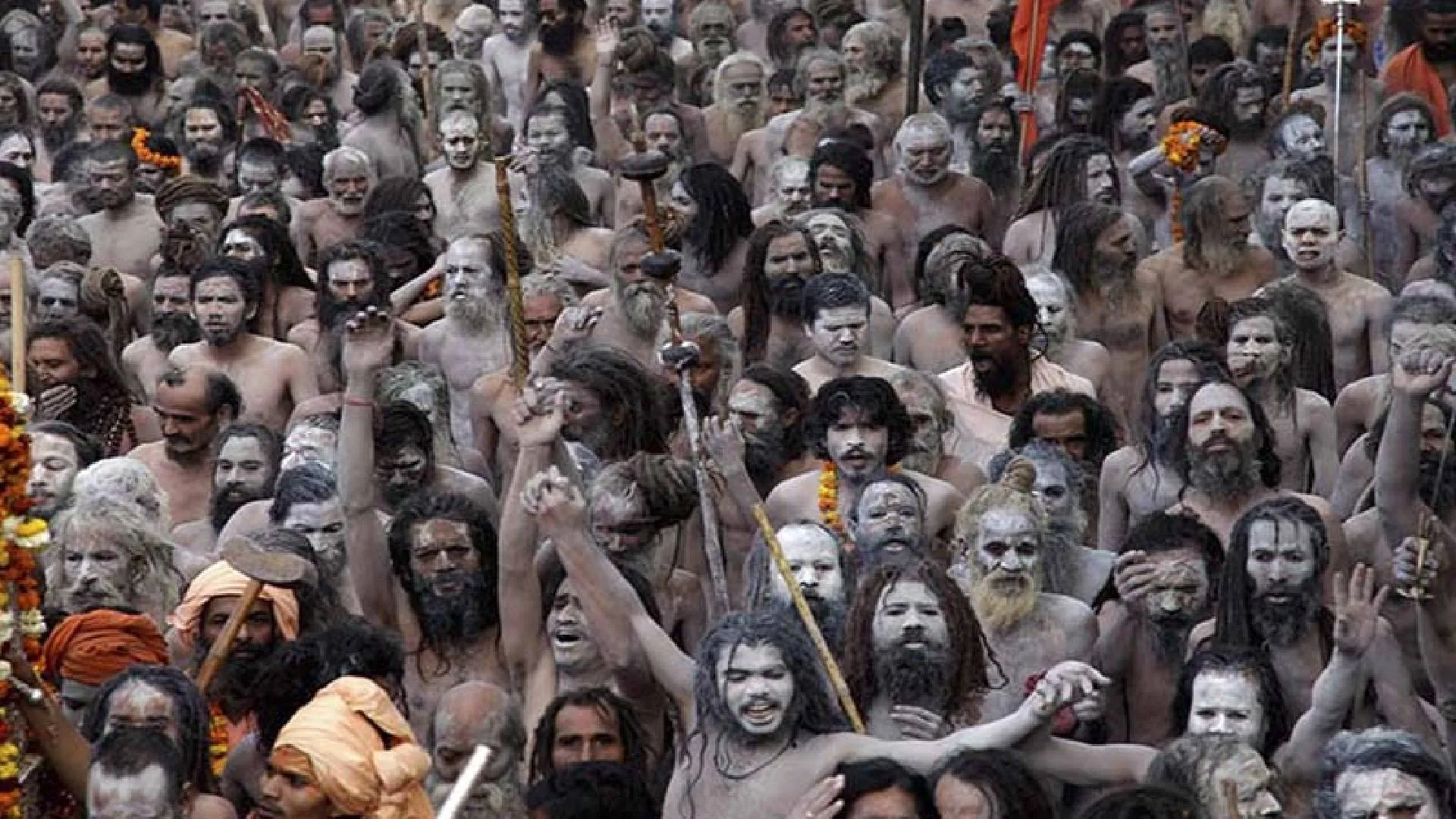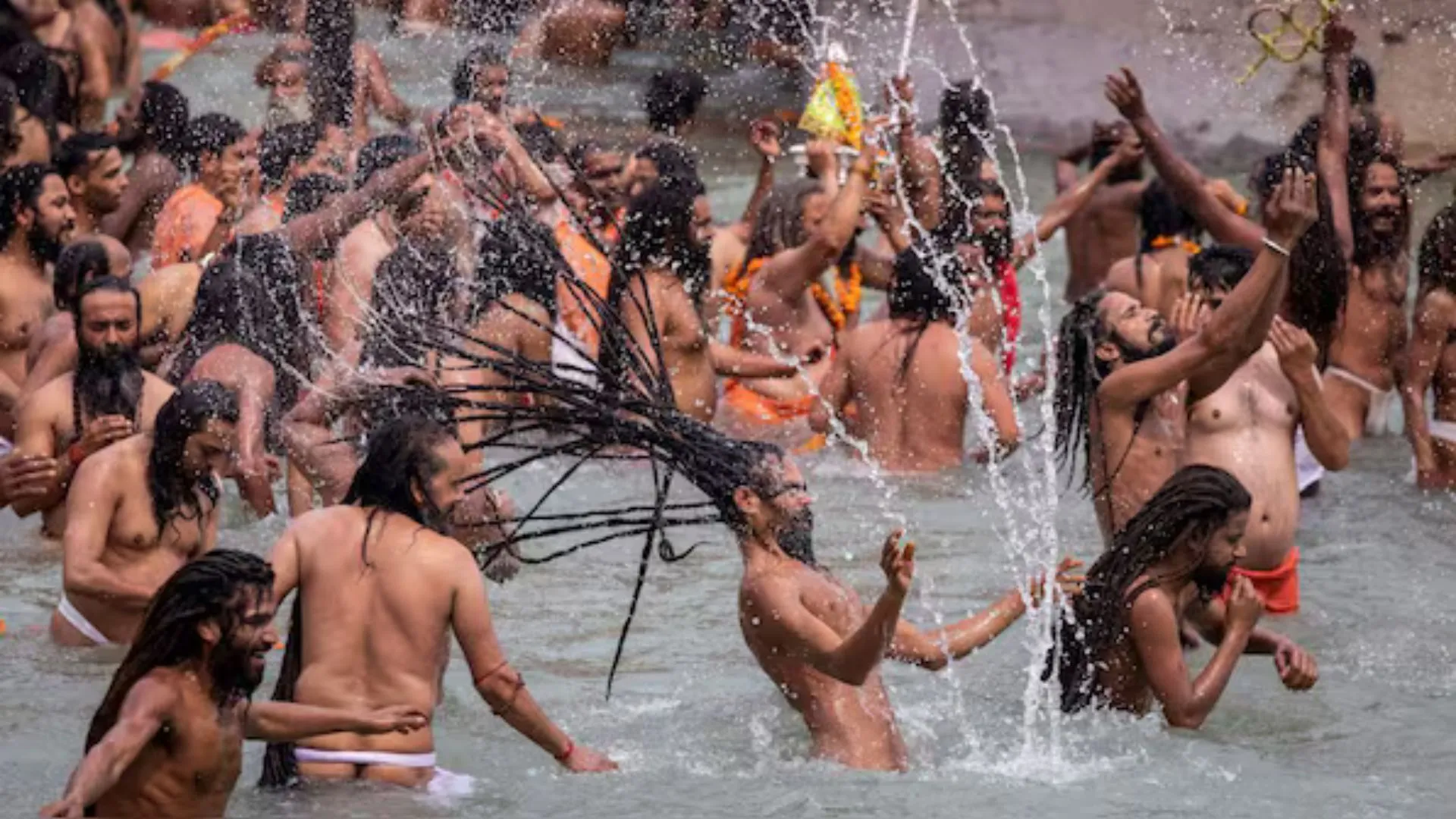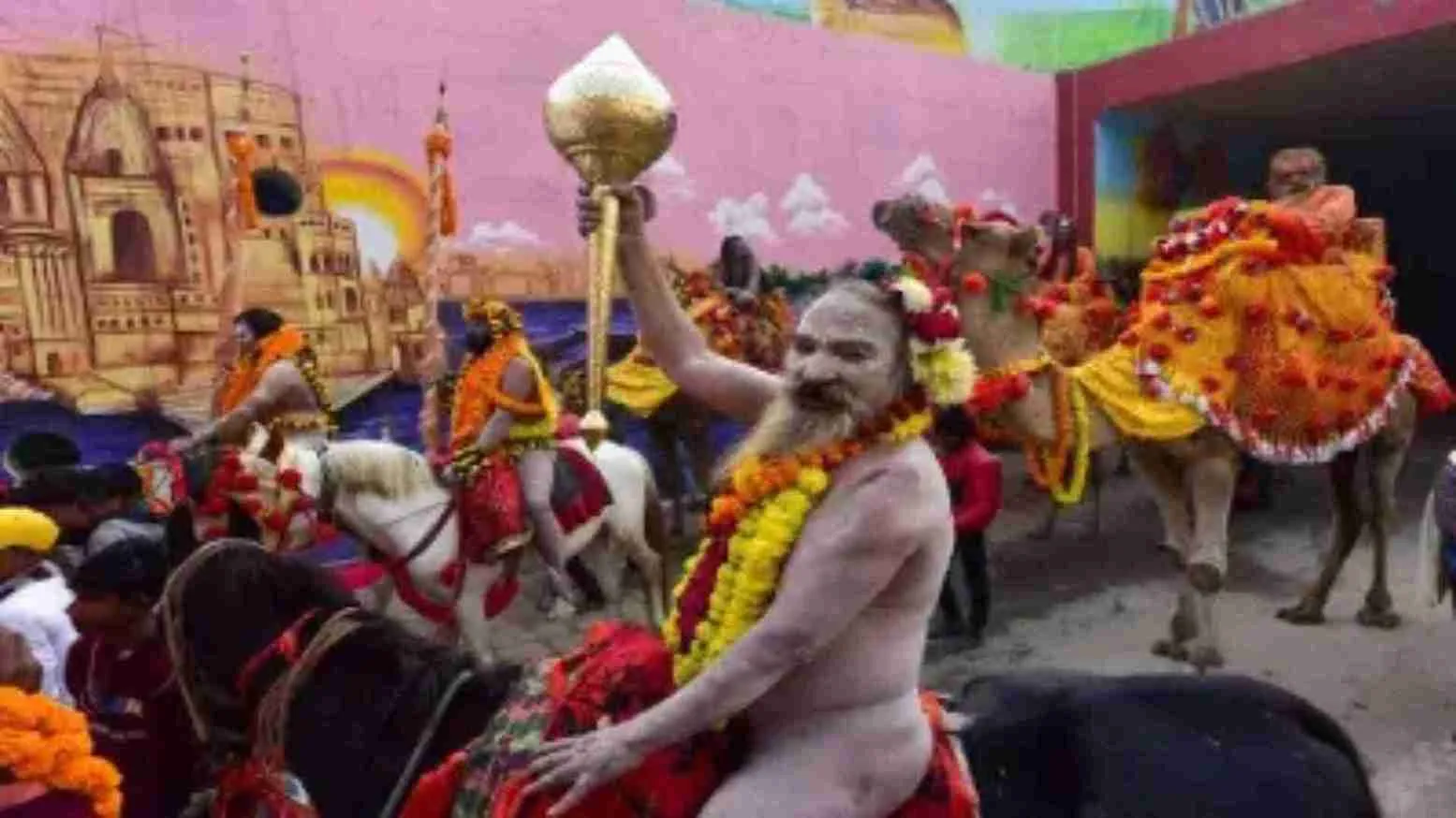Often, we are bogged down by rituals, rules, and regulations. Most people get caught up in the propriety of the rituals. In ritualistic worship, the priest is usually quite careful about not making mistakes. But authentic prayer is very personal and intimate. It cannot be ritualised, proclaimed or announced.
A fully realised soul’s actions and words are often beyond the comprehension of ordinary folks. A saint’s total immersion in divine ecstasy has often been misunderstood by the keepers of the faith and labelled as heresy and blasphemy.
Sri Ramakrishna Paramahansa was the priest of the Kali temple at Dakshineswar. He never adhered to rituals in the worship of the divine mother. People were aghast at his apparent ‘blasphemies’ and sacrilege. Initially, he was ostracised and even beaten for insulting the divine mother by sleeping on the altar in unwashed clothes, giving her food he had already tasted, and at times even worshipping himself with the flowers, which he later put on the mother’s feet. In fact, it was not the people, but the benefactor of that region and temple, Rani Rasmani, who intervened and ordained that no one dare harm the saint.
Indeed, most people at Dakshineswar did not see Sri Ramakrishna as an enlightened soul right away. Rather, they saw that their means of livelihood would be lost, in case they angered the powerful queen. Thus, they indulged him and let him be. Of course, Sri Ramakrishna was a highly evolved soul. It is said that the divine mother presented herself in her glorious form in front of him. As time went by, people realised that his spontaneous worship was done out of intense bhava, or adoration.
However, ritualistic practices are important too. They pull the mind away from worldly activities. But it is very important that one learns to drop the practice once the aim has been achieved. You don’t continue carrying on your head the ladder you used to climb up, once you have reached the roof. That would be utterly foolish.
A silent mind is totally open to all possibilities. True prayer starts when the mind has reached silence. There need not be any words or practices in the silent mind’s prayer.
We must make something sacred in our lives. Sacredness brings gentleness and softness to you. When a practice becomes sacred, it becomes very intimate. This intimate and sacred practice can become our pathway to divinity. That can become the source of our prayer.
When we pray, we must segregate ourselves from the rest. What is sacred, must be kept secret. In the olden days, Gurus gave mantras to their chosen and deserving disciples. The mantras were to be revealed to no one. They were to be guarded and kept a secret. There was a solemn promise and a sacred bond between the guru and the disciple that was beyond the material world. Even today, this holy tradition is deeply honoured.
The power of the Guru-disciple bond is immutable because the respect for tradition is considered the most sacred and holy. This sacredness brings about a spiritual practice so intimate that it gradually purifies the consciousness of the seeker. Holy tradition is important. That which is sacred creates purified practices that raise the consciousness.
Traditions are important, but should they become more important than one’s own joyous freedom to express oneself? One needs to remember that traditions should not become so rigid that they hurt or harm others. Everyone is faithful to some ideal. We cannot force another person to believe in our gods, become faithful to our faith, and assent to our way of looking at divinity.























